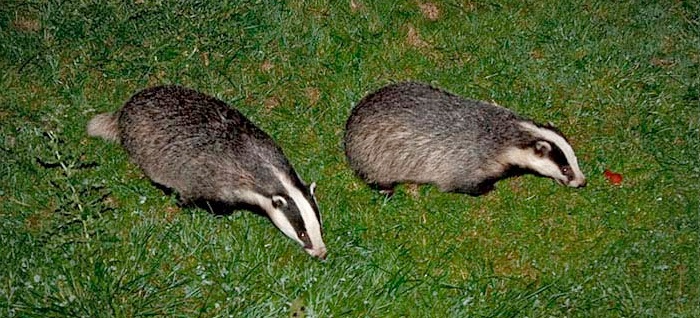
The World Health Organisation has called on all countries to review their BCG usage to ensure that countries with the highest human TB rates receive priority and to target individuals who will benefit most from BCG vaccination.
The Welsh Government put in an order for Badger BCG for 2016 through Defra which procures the vaccine on an England, Wales and Northern Ireland basis.
Due to a backlog in production of the BCG vaccine for use in humans globally, SSI - the only company that has the marketing authorisation to produce Badger BCG - has said that it will not be producing Badger BCG until further notice. Badger vaccine is the same formula as the vaccine used in humans.
Were the Welsh Government to continue with the badger vaccination programme next year, it would have to source human BCG for use in the badgers. Given the global shortage, and the fact that one badger vaccine equates to 10 human adult doses or 20 human infant doses, the Deputy Minister has decided to suspend vaccination until the global supply for humans is adequate.
The Deputy Minister made the announcement as she updated Members on our bovine TB eradication programme, which included an update on the latest figures and new initiatives including full roll out of Cymorth TB across Wales.
Rebecca Evans said: “Bovine TB is a serious animal health issue and we are continuing to build and develop a programme which is robust and flexible, and involves working in partnership towards our goal of a TB free Wales.
“However, public health must always take priority, and until the supply situation is resolved our badger vaccination projects currently underway in Wales - which include year 5 of the IAA project, and parts of the Badger Vaccination Grant scheme - will be suspended.
“We are four years into a five year programme within the IAA and two years into private vaccination grants, but this does not mean that the hard work of the previous years will have been wasted. We have successfully administered more than 5,500 doses during that time.
“Vaccination is far from the only tool in our armoury in our efforts to eradicate bovine TB. We have increased focus on epidemiology and are identifying patterns of disease in Wales. We have developed a TB dashboard to present TB data clearly, introduced informed purchasing polices, and are monitoring the profile of disease in wildlife through our Badger Found Dead survey.
“Currently 94.4% of herds in Wales are free from disease and we remain committed to continuing our hard work to eradicate bovine TB from Wales for good.
“I have commissioned modelling work to investigate the potential impact of these changes on the IAA vaccination project and to assess a number of scenarios. We will continue to evaluate the impact of all interventions within the IAA, including vaccination.”
Wales is the forefront of international efforts to fight bovine TB and has had an eradication programme in place since 2008 which has received continued support from the European Commission for 6 years running.
Neil Paton, President of British Veterinary Association Welsh Branch, said: “This is disappointing news and will be a significant blow to the bovine Tuberculosis (bTB) eradication programme in Wales. However, it is clear that the One Health and human health agenda should take priority in this case.
“We urge Welsh Government to reconsider its eradication programme as a matter of urgency, particularly in relation to wildlife control. We welcome the move to commission modelling work to evaluate the impact of suspension and we are keen to work with the Government to identify an evidence-based solution to this problem so that any potential progress made in Wales is not lost.”
BVA President Sean Wensley added: “This development further emphasises the need for the agricultural sector to have as many tools in the toolbox as possible in order to fight bTB. It is right that public health takes priority but it is regrettable that the supply chain is so vulnerable and we would want to see more security in the future.
“We also expect the global shortage will affect the bTB eradication programmes in England and Northern Ireland, both of which include an element of badger vaccination. We will continue to engage with all UK governments to push for comprehensive and evidence-based eradication strategies.”
